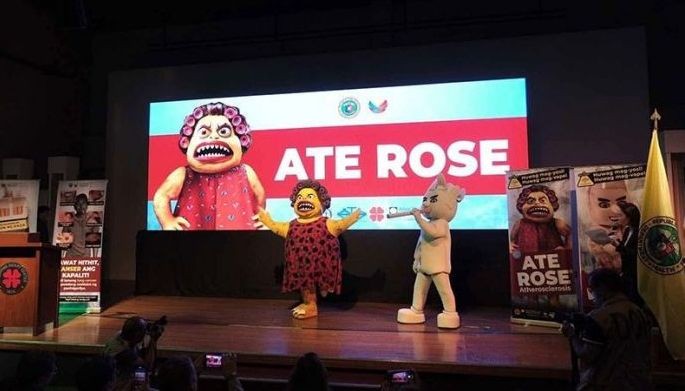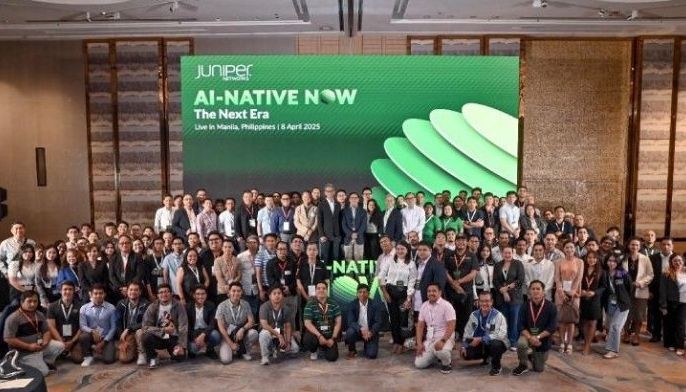The project is being pushed through and will be completed in December 2005 to "safeguard Zambians’ health and maintain as sustainable environment". This is a collaborative initiative between the Zambia’s National Institute for Scientific and Industrial Research (NISIR) and the Norwegian government which is donating $333,000 for the purchase of training equipment and budget for the training of scientists.
Despite Zambia’s experiencing its third severe drought since 2000, the government is sticking to its decision to ban GM food imports.
The Norwegian Institute of Gene Ecology will cooperate with the training of Zambian scientists at the University of Zambia.
The laboratory, research and training are part of a five-year strategy for national biosafety and biotechnology launched by the Zambian government in 2003, which included the drafting of biosafety legislation. Such a move is lauded and it is hoped that many countries especially in the developing economies, will follow suit as they develop their capacities to deal with GMOs.
In 2003, the Zambian government launched a five-year strategy for national biosafety and biotechnology. As part of this, the Zambian government drafted biosafety legislation to increase its technology infrastructure to ‘protect’ people from consuming GM foods.
NISIR Director Mwananyanda Lewanika said the new laboratory would be responsible for identifying GMOs, since the virology laboratory at the University Teaching Hospital (UTH) has no molecular biology facility.





